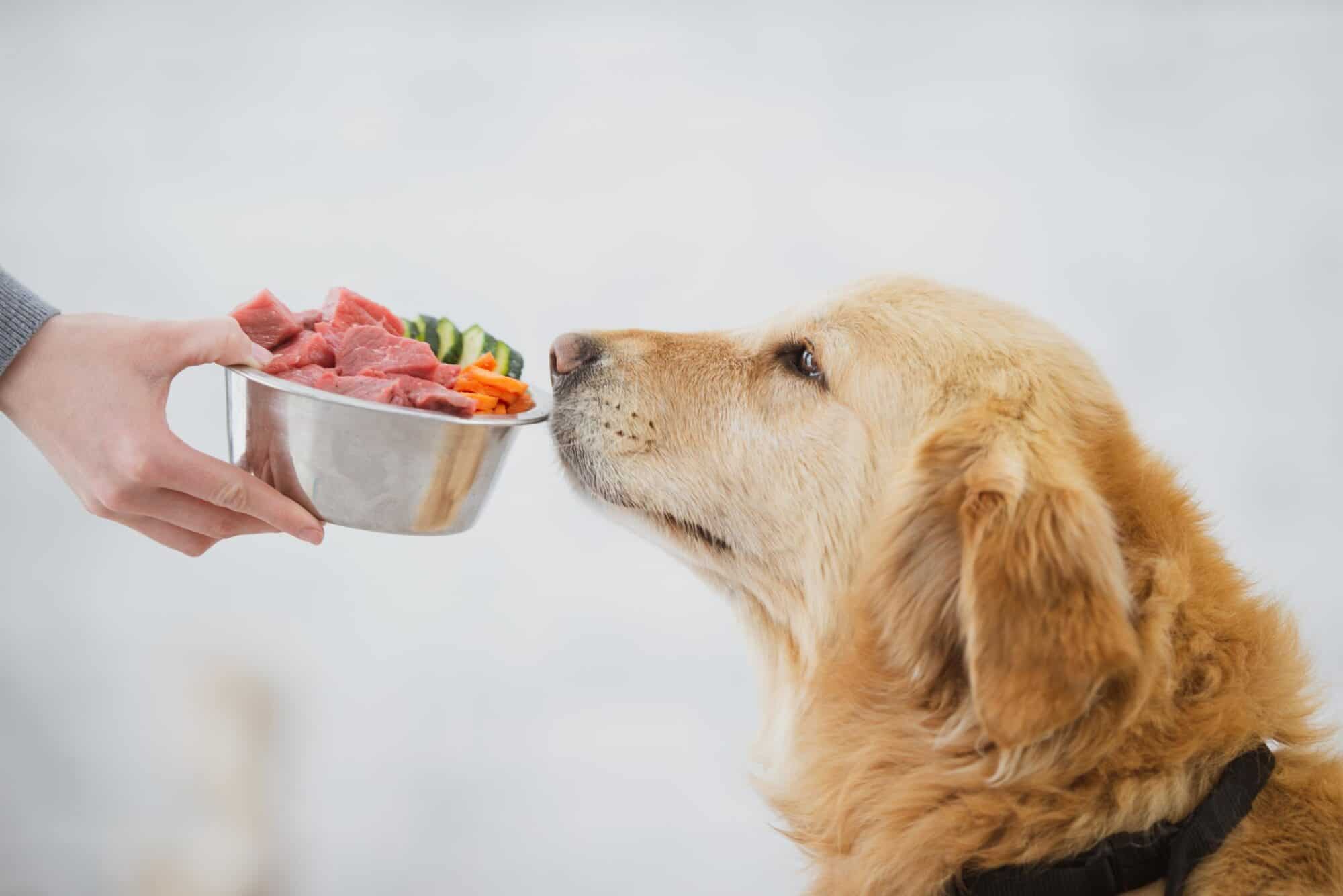A Guide to Optimal Pet Nutrition: What to Feed Your Furry Friend

Making mealtime nutritious and delicious is every pet parent’s goal, but the overwhelming variety of pet food choices—both in-store and online—can make choosing a balanced diet for pets complicated. And buzzwords like “grain-free” or “super-premium” make understanding pet dietary needs even more confusing. We’re here to help!
We’re always happy to answer your questions about pet nutrition at your furry friend’s wellness visit. In the meantime, our team has put together this pet nutrition primer to help you make informed pet food choices.
More Expensive Isn’t Always Better
Pricey foods in fancy packages with trending terms like “superfood” or “human-grade” are no guarantee of optimal pet nutrition. Check the label and the packaging for the following:
- Look for labels that say, “complete and balanced.”
- Any pet food package should have a Nutritional Adequacy Statement from the Association of American Feed Control Officials (AAFCO). This assures consumers that the food is formulated to meet established nutritional levels for cats or dogs.
- Select a food specifically for your pet’s species and life stage.
- Make sure the first ingredient is meat.
- Avoid foods with these ingredients: chemical preservatives BHT, BHA, and ethoxyquin; propylene glycol (used as a moistening agent); and food dyes.
- Check for high levels of fillers like corn meal and wheat gluten, and avoid these foods if possible.
Pet Dietary Needs for Dogs
A dog’s diet should contain water, carbs, vitamins, minerals, fat, and protein. Plus, your pet’s diet should be designed to meet your dog’s needs as they relate to growth, activity level, age, breed, and medical concerns. Make sure the first two or three ingredients are meat-based, and steer clear of foods with high levels of fillers like wheat, soy, and corn.
Pet Dietary Needs for Cats
Since cats are obligate carnivores, they need nutrients like taurine and arachidonic acid, which have to come from animal sources. Cats can be finicky eaters, so do your best to strike a balance between pet nutrition and a food your cat will eat. Make sure your cat stays properly hydrated by offering canned cat foods, adding moisture to a dry food diet, and using a pet fountain.
Balanced Diet for Pets with Health Concerns
Therapeutic diets can help control the symptoms (or curb the progression) of certain health problems. Your Animal Hospital of West Woodstock veterinarian might recommend a therapeutic diet if your pet has any of the following conditions:
- Diabetes
- Food allergies
- Obesity
- Health problems common in senior pets, such as arthritis
- Digestive disorders
- Chronic hairballs
Your pet deserves to indulge in a balanced diet for pets that is just as tasty as it is nutritious! Please contact us at (770) 924-8847 to discuss your pet’s nutritional needs or to schedule your pet’s visit.
